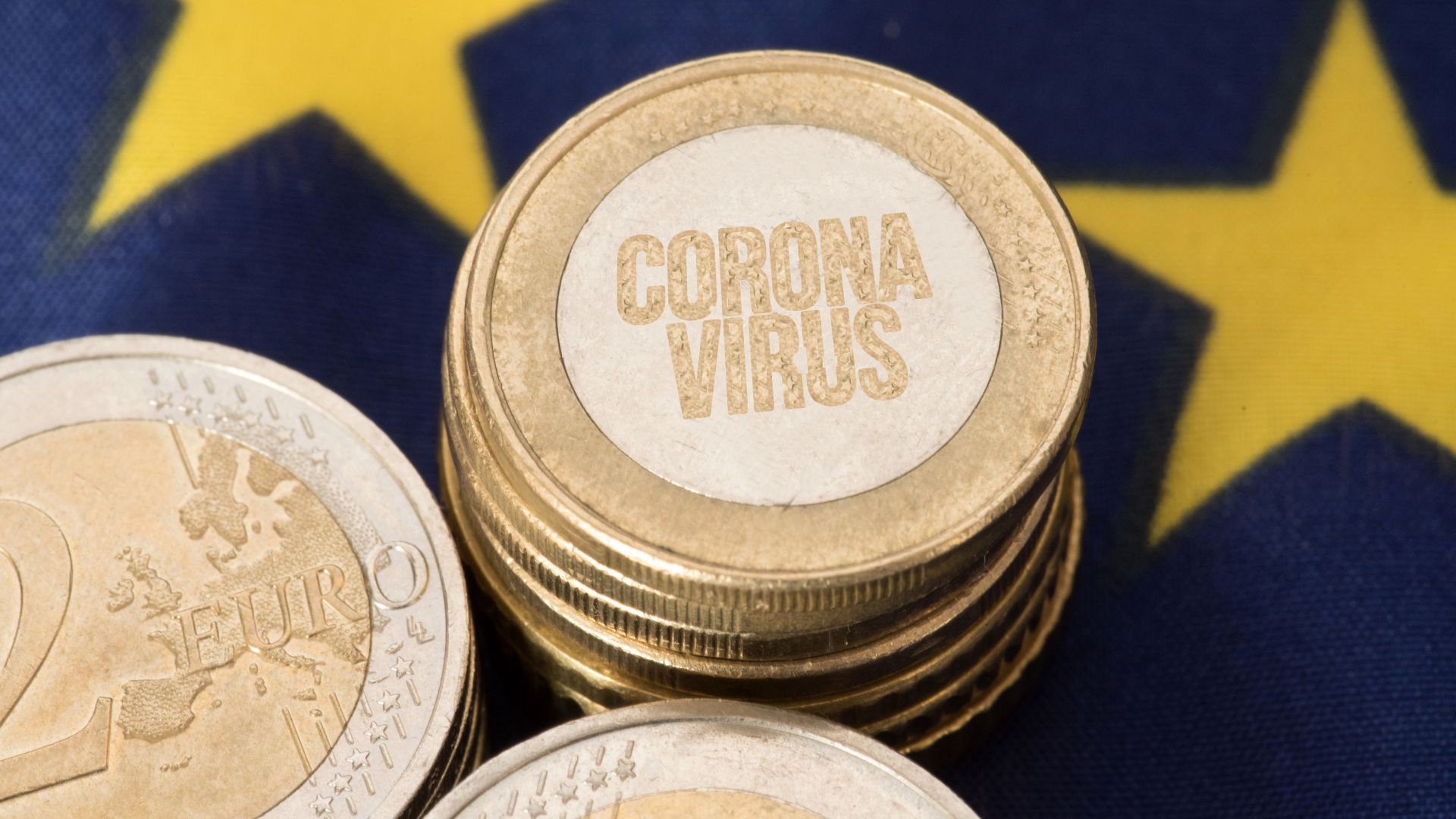Socialists and Democrats in the European Parliament today proposed a basket of new resources to the EU budget to finance the economic and social damages of the COVID-19 crisis. The proposals include progressive revenues linked to the protection of the environment and the promotion of a fairer internal market, as well as a tax on the wealthiest.
Eric Andrieu, S&D vice-president in charge of budget, said:
“It is a pivotal and crucial moment for Europe; it is its destiny that is played out through this dossier. Do we still want to have leverage on the international chessboard? If so, then Europe must give itself the means.
“The S&D Group’s proposal for the reform of the own resources system is balanced, progressive and is able to ensure funding for European citizens’ priorities, regions and countries. We have made sure that in this basket of own resources, citizens and member states are not the ones who pay for Europe’s recovery, but they are the ones who benefit from it. And we base our proposals on the fact that inequality stems from tax avoidance and tax evasion by the richest. They have made their fortunes at the expense of citizens, now it’s time to give back. We want big companies, actors of the financial markets, to pay their fair share through a financial transaction tax, a digital tax and a common tax on big corporates.
“We are supporting the creation of a special recovery fund proposed by the Commission and the idea to mutualise the debt among the member states. All states have been affected by the crisis. That is why we want the introduction of new resources to avoid an increase in the net contribution for the member states and from having to fight between them on how much they will have to pay and receive.
“We need the political will of all member states if we want these proposals to pass. By no means is this the time to stand in the way of Europe’s recovery by blocking initiatives that could save our Union.”
Eider Gardiazabal, S&D coordinator for budget, said:
“The S&D Group has started a crucial and long-awaited process today. On the adoption of these own resources at a European level depends the wellbeing, development and security of all EU citizens, as well as the continuation of the European project itself.
“Business-as-usual time is over. EU solidarity has been put to the test by Covid-19. In order to face post-pandemic recovery challenges we need a strong European budget. In order to have this strong budget, we need the proper means to finance it. We need to think outside the box; we need to innovate; we need to come up with the answers people expect. And we have delivered. It’s time other EU institutions do the same! It’s time for fair taxation!”
Elisabetta Gualmini, S&D spokeswoman on own resources, said:
“The current mix of revenue financing the EU budget, which consists of GNI contributions of approximately 70%, has led to a situation in which the European project itself lacks its own operational legitimacy and is mostly dependent on budgetary decisions taken by member states.
“New resources for financing the Recovery Plan for Europe shall be generated by policies and measures that can only be executed at a European level and that no member state could put into action by itself, therefore not resulting in an additional fiscal burden for national treasuries.
“The S&D Group has put on the table the introduction of a basket of new own resources, whose tax bases shall be linked to the implementation of EU policies aiming to achieve smart, sustainable and inclusive growth. In short, new money will come from measures addressing both the protection of the environment and the promotion of a fairer internal market. We also want the Union to further integrate its fiscal policies, by developing and establishing its own fiscal capacity.”
Note to editors:
The S&D Group proposes that new own resources, stemming from measures addressing the protection of the environment and the promotion of a fairer and more social internal market, shall be based on:
* the auction revenues of the EU Emission Trading Scheme (ETS)
* a contribution on non-recycled plastic packaging
* a Carbon Border Adjustment Mechanism
* a Corporate Income Tax based on a Common Consolidated Corporate Tax Base (CCCTB)
* a Digital Service Tax
* a Financial Transaction Tax
* a European Net Wealth tax for the richest segment of the population
* a Single Market Levy
* revenues from the European Central Bank
In addition, the own resources ceilings for commitments and payments, currently set at 1.26% and 1.20% of EU GNI respectively, shall be brought up to values reaching 2% or even 3% in order to allow the EU to rely on a bigger budget for the fulfilment of its political ambitions. Such a permanent increase shall allow to create sufficient headroom between the MFF ceilings and the own resources ceilings, whose capacity can be technically used to borrow money on the financial markets and issue European common debt guaranteed by the EU budget.
Lastly, Brexit and the consequent removal of the British rebate open the door to the elimination of the related correction mechanisms granted to Germany, Austria, Denmark, Sweden and the Netherlands, for the sake of fairness and transparency. The conditions that applied to the UK for supporting the introduction of rebates, as established by the European Council conclusions of Fontainebleau in 1984, are not in place anymore. Such a change would also bring additional resources to the financing of the recovery plan for Europe.










